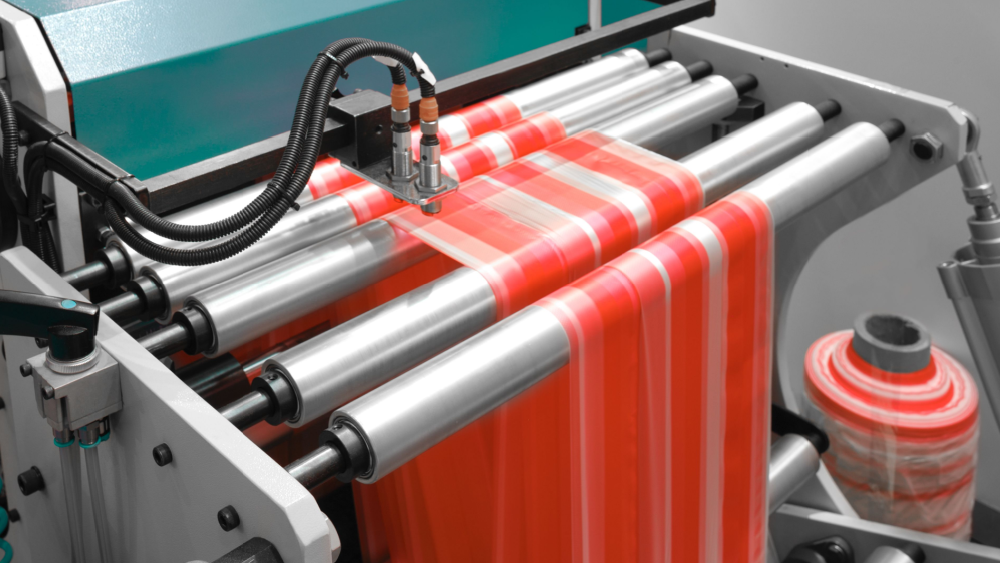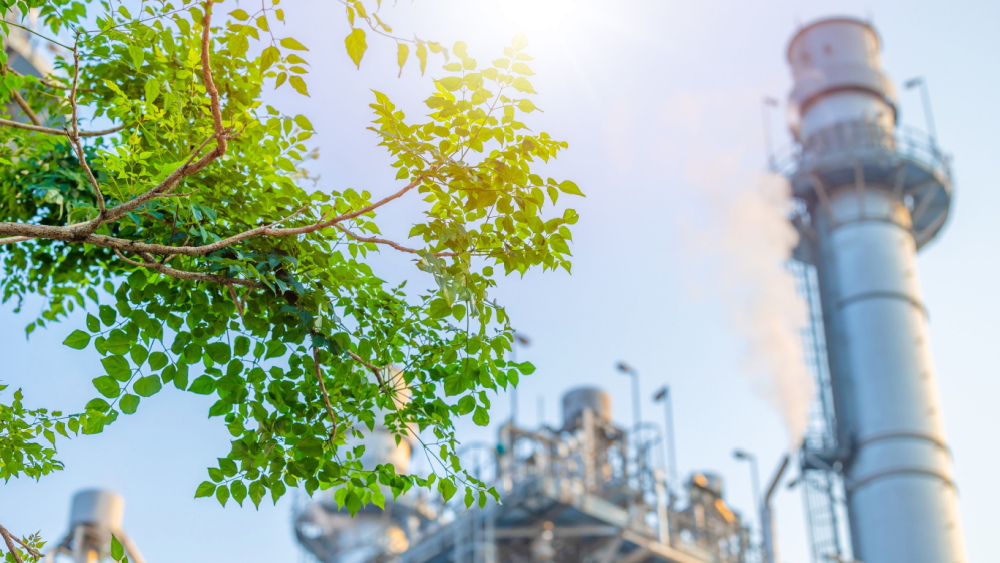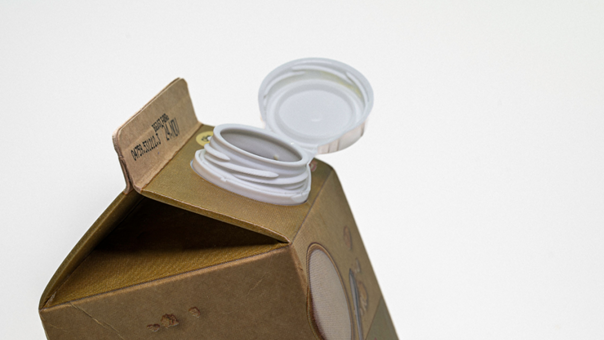The more plastic packaging is recycled, the more the circular economy will grow. However, if the labelling material differs from the component, both elements may not be recyclable together.
When the packaging and label are made of the same material, they create a monomaterial. Monomaterials increase the likelihood of the product being sorted and recycled correctly. In other words, they are an essential component of sustainable labelling and packaging in a circular economy.
Recycling and eco-friendly packaging are vital for driving the circular economy forward
A report published by The Ellen MacArthur Foundation highlights multiple advantages of a circular economy in India, which can be both environmentally friendly and profitable.
“By embarking on a circular economy transformation, India could create economic, environmental and social value for its businesses and population.”
Waste recycling will play a central role in the circular economy for a long time. This also implies that for companies geared toward a circular business model, it will be necessary with further advancements within monomaterials and sorting automation.
Read more: Do you have a sustainable packaging and labelling strategy?
The HolyGrail project can revolutionize the recycling rate
An increasing number of global sorting plants are shifting from manual to automatic sorting, which means it's vital that they detect the correct recycling materials.
The HolyGrail project aims to improve automated recognition and sorting by testing the labelling of various packaging with visible and invisible codes. The codes on the labels contain information such as plastic type, product manufacturer, product type, and type of barrier layer. Thus, vital information is stored throughout the product's entire value chain, enabling the complete life cycle of the packaging to be clarified.
The HolyGrail project can streamline sorting by reading these codes and further increase the recycling rate.
Part two of the project has now commenced. Procter & Gamble is testing the labelling of selected products in collaboration with Tomra, Germany. Here at Skanem India, we are excited to follow the global developments as an associated member of the HolyGrail project and provide you with more sustainable labels and packaging.
Read more: How much should your labels be able to endure?
Recycling efforts in India
India’s large population presents some challenges regarding waste reduction and recycling efforts. In 2019, The Ministry of Environment, Forest and Climate Change (MoEFCC) put forward a National Resource Efficiency Policy (NREP). The draft proposed a plan for recycling and reusing plastics with specific target goals:
- 100% recycling and reuse rate of PET plastic by 2025
- 100% recycling of PET plastic and 75% recycling and reuse rate of other plastic
packaging materials by 2030
- Ban on disposal of recyclable waste (plastics, metals, glass, paper, cardboard and
biodegradable waste) to landfills by 2025.
As of 2022, legal advancements aim to eliminate single-use plastics. Extended Producer Responsibility (EPR) for plastic packaging will be affected by the new Plastic Waste Management (Amendment) Rules announced by The Environment Ministry. Recycling efforts are moving forward and bringing India one step closer to a circular economy.
Read more: Sustainable manufacturing: Optimizing material and energy consumption
Our industry has enormous potential and a responsibility to contribute to a circular economy. For this reason, we are focused on mapping innovative solutions.
As an experienced label manufacturer, we at Skanem India know how vital continuous innovation is for our clients, and it's something we take very seriously. If you want to know more about how you can increase the recyclability of your product, reach out to us.






